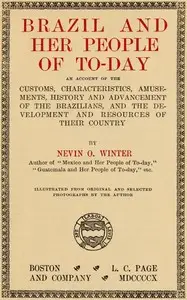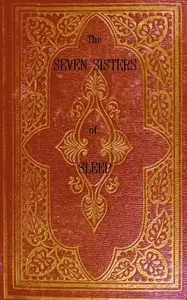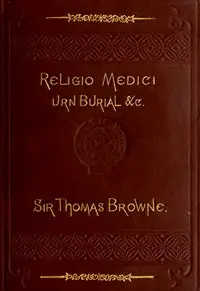"The Tragical History of Doctor Faustus" by Christopher Marlowe is a play that delves into themes of ambition, knowledge, and the consequences of a pact with the devil, written in the late 16th century. The narrative centers around Dr. Faustus, a highly educated scholar who becomes disillusioned with the limitations of traditional forms of knowledge and ultimately decides to pursue necromancy, aiming to gain power and knowledge beyond human constraints. The opening of the play introduces Dr. Faustus, who is initially portrayed as an ambitious intellectual dissatisfied with the bounds of human knowledge. He weighs his options among various fields—ranging from medicine to theology—before ultimately succumbing to the allure of magic. Faustus seeks to summon Mephistophilis, a servant of the devil, to make a pact that could grant him immense power and earthly pleasures, disregarding the spiritual ramifications. This commentary on the human desire for greater understanding sets the stage for Faustus's tragic trajectory, as he navigates contrasts between good and evil influences, pondering the implications of his choices even as he moves closer to his fateful deal with Lucifer. (This is an automatically generated summary.)

The Tragical History of Doctor Faustus From the Quarto of 1616
By Christopher Marlowe
See also PG#779 from the Quarto of 1604
Christopher Marlowe, also known as Kit Marlowe, was an English playwright, poet, and translator of the Elizabethan era. Marlowe is among the most famous of the Elizabethan playwrights. Based upon the "many imitations" of his play Tamburlaine, modern scholars consider him to have been the foremost dramatist in London in the years just before his mysterious early death. Some scholars also believe that he greatly influenced William Shakespeare, who was baptised in the same year as Marlowe and later succeeded him as the preeminent Elizabethan playwright. Marlowe was the first to achieve critical reputation for his use of blank verse, which became the standard for the era. His plays are distinguished by their overreaching protagonists. Themes found within Marlowe's literary works have been noted as humanistic with realistic emotions, which some scholars find difficult to reconcile with Marlowe's "anti-intellectualism" and his catering to the prurient tastes of his Elizabethan audiences for generous displays of extreme physical violence, cruelty, and bloodshed.


















